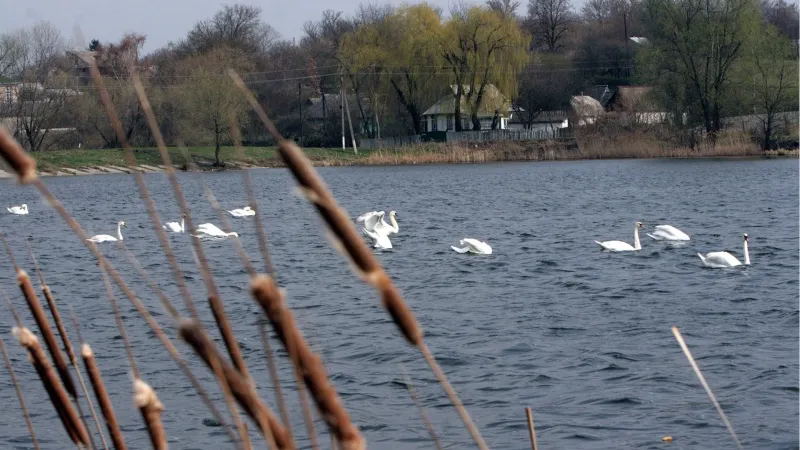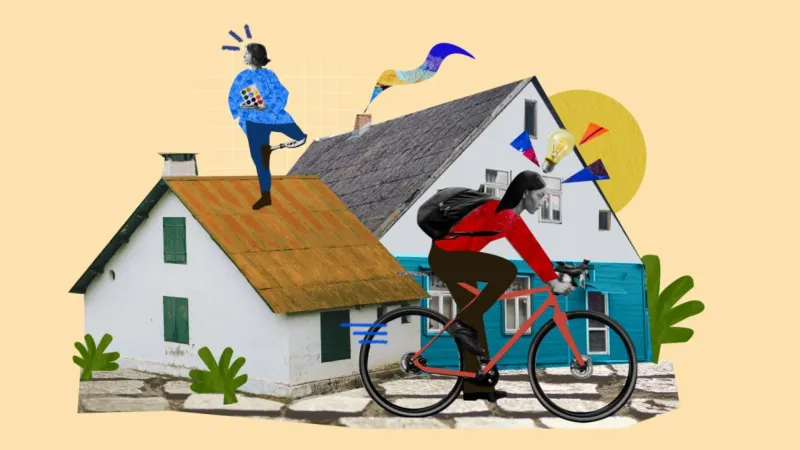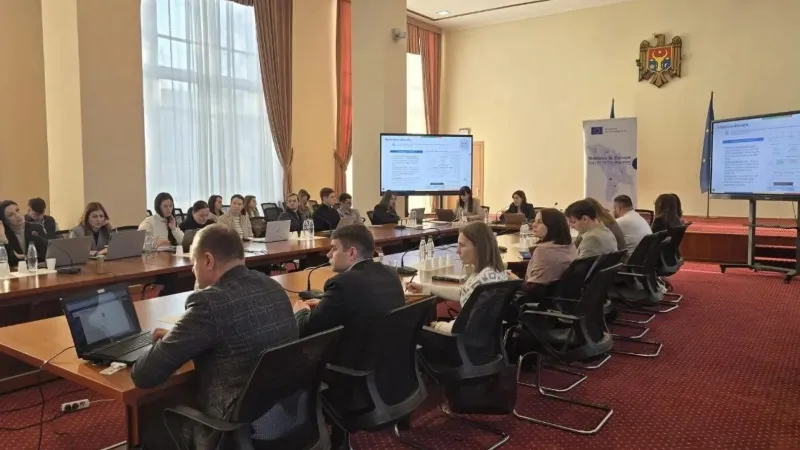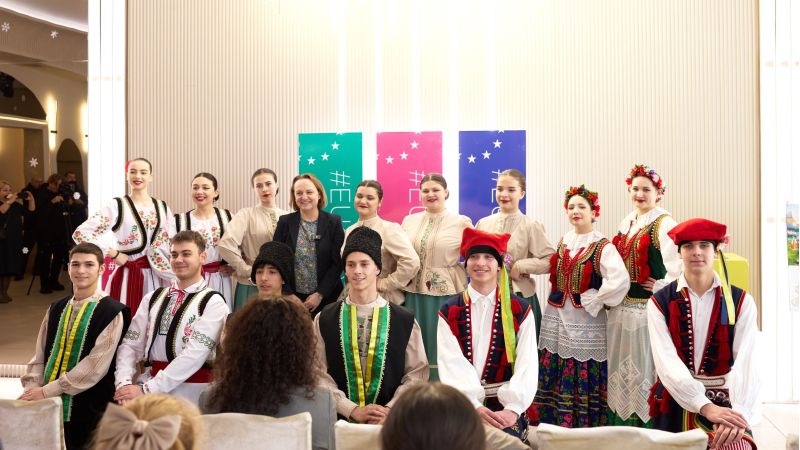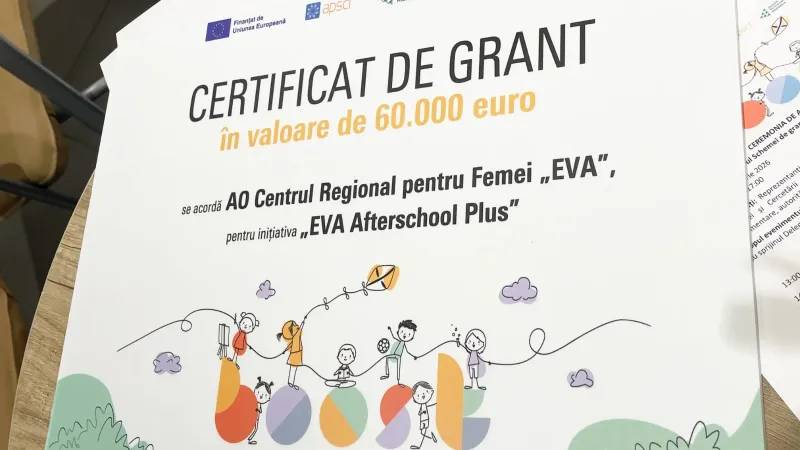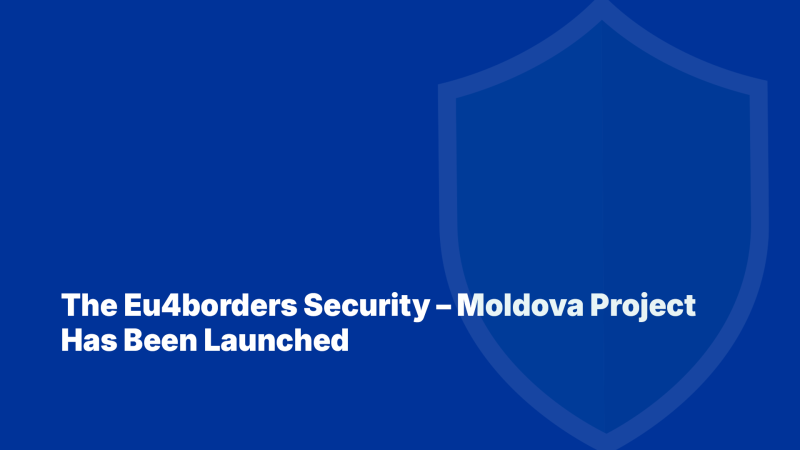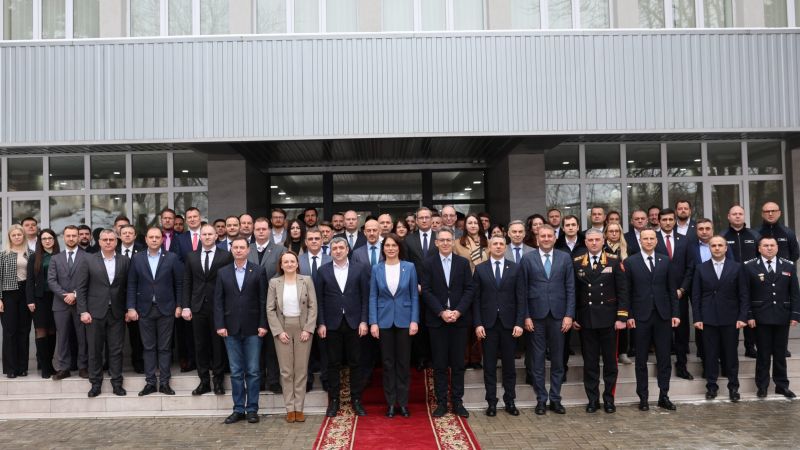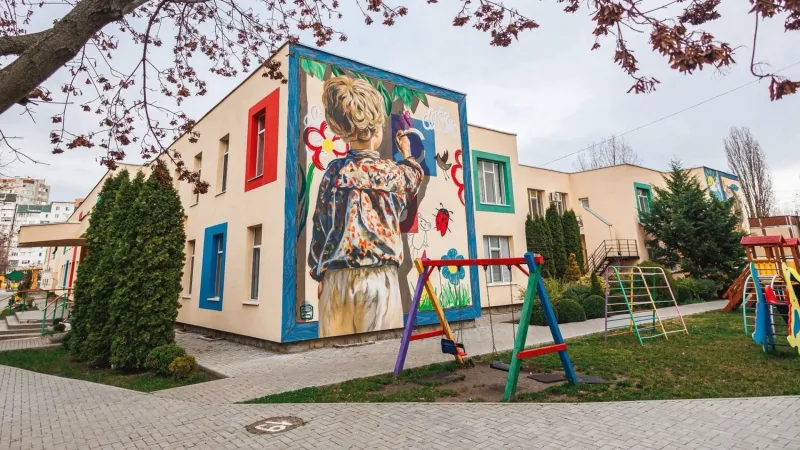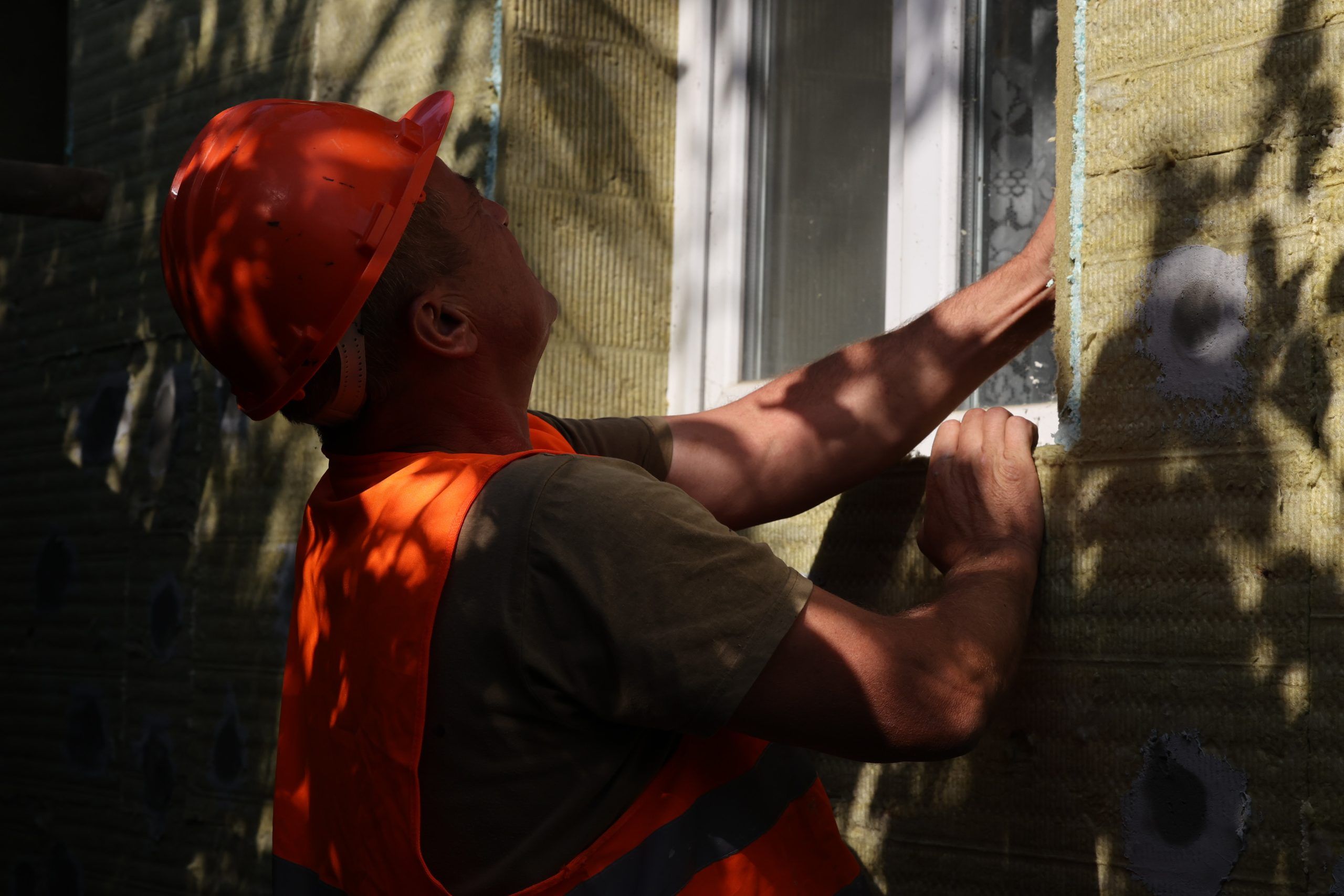
41 rural households start energy rehabilitation works, with EU and German Government support
The National Center for Sustainable Energy (CNED) announces the launch of energy renovation works in the first 41 vulnerable households located in rural areas of the Republic of Moldova, financed under the Energy Efficiency Fund in the Residential Sector (FEERM), supported by the European Union and the Government of Germany.
The works are scheduled to be completed before the beginning of the cold season, depending on the specifics of each regional lot. The beneficiary families were previously selected based on technical and social criteria, being located in the districts of Călărași, Strășeni, Telenești, Orhei, Criuleni, Ungheni, Hîncești, Sîngerei, and Briceni.
“By launching energy rehabilitation works in vulnerable rural households, we have shown that the energy transition is not just a concept, but a reality that changes lives. With the support of the European Union and the Government of Germany, these families will have more efficient homes, better adapted to their needs. Through these investments, we achieve not only reduced energy consumption, but also a more decent standard of living, providing people with stability and confidence in the future,” said Minister of Energy, Dorin Junghietu.
The financial support for these works is part of a broader initiative to improve the energy efficiency of individual households in rural areas with a high degree of energy vulnerability, supported by the European Union and the Government of Germany. In total, with EU support, up to 180 vulnerable rural households across the country will undergo rehabilitation.
”We are pleased to start the renovation of the first 41 single family homes in rural areas with substantial financial support from the EU. These are real, tangible changes that will improve the daily life of those, who need it the most”, stated Iwona Piórko, Ambassador of the European Union to the Republic of Moldova.
For the rehabilitation of these households, 50% of eligible expenses are covered by the European Union through the FEERM program, 45% by the Energy Vulnerability Fund, while beneficiaries contribute only 5% of the total cost of works.
“We are at the stage where FEERM is being translated into concrete results for citizens. Execution contracts are signed, and works have already started in several locations. Through this financing product under FEERM, we are directly supporting citizens most in need of energy interventions in their homes. This is a concrete step towards a fair and efficient energy transition that leaves no one behind,” stated Ion Muntean, Director of the National Center for Sustainable Energy.
“For our family, these renovation works mean a lot. Until now, winters were difficult, with high bills and cold inside the house. With the rehabilitation, we hope to have a warmer home and lower expenses, so we can live more comfortably and provide better conditions for our children,” said Valeriu Tcacenco, the homeowner.
Before launching the works, detailed energy audits were carried out for each household, identifying the main sources of inefficiency. Based on these assessments, customized intervention packages were developed, which may include measures such as:
▪ thermal insulation of walls and roofs;
▪ installation of solid biofuel boilers;
▪ replacement of exterior doors and windows;
▪ modernization of heating systems;
▪ modernization of domestic hot water systems.
The implementation of these measures will lead to lower energy consumption, reduced monthly bills, and improved living conditions for beneficiary families.
The works will be carried out by contracted companies and monitored by construction supervisors to ensure quality control and the durability of the investments.
FEERM is a national program dedicated to the energy rehabilitation of individual houses and residential blocks, with an estimated budget of 1.4 billion MDL by 2027. Its goal is to increase energy efficiency, reduce greenhouse gas emissions, and improve living conditions for the population.
The FEERM program was developed by the Government of the Republic of Moldova with financial support from the European Union, implemented by the National Center for Sustainable Energy and the Ministry of Energy, and funded through the project “Energy Efficiency and Renewable Energy for Moldova” (E4M). E4M is implemented by GIZ together with the Government of the Republic of Moldova, financed by the Government of Germany and co-financed by the European Union, Norway, and Denmark.

